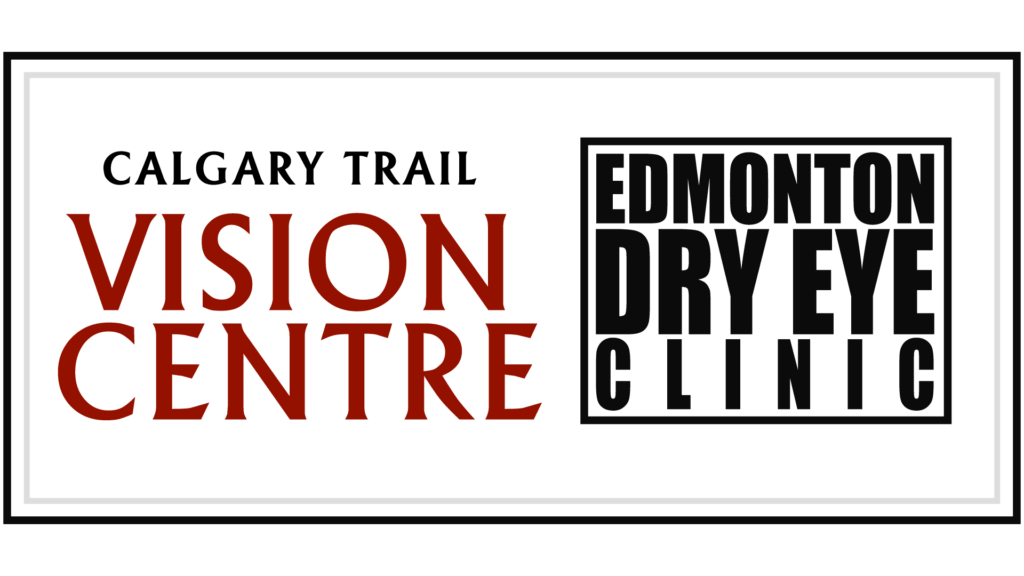When navigating the discomfort of dry eyes, the last thing you need is a lacklustre list of endless supplements. Let’s cut through the noise and hone in on what matters: the vitamins that could be your answer.
The best vitamins and nutrients that support dry eye are:
- Vitamin A
- Vitamin C
- Vitamin D
- Omega-3
You can also relieve dry eye discomfort with a balanced diet, the right supplements, and regular eye exams.
Overview of Dry Eyes
Often dismissed as a mere irritation from staring at screens or battling through dry climates, dry eye syndrome is a legitimate ocular issue. It stems from your tear glands not producing enough natural tears or the quality of your tears not being the best quality.
What Causes Dry Eye Syndrome?
The causes of dry eye are varied but commonly include:
- Aging
- Environmental factors like wind, dry air, and pollution
- Long-term screen use leads to less frequent blinking
- Underlying health conditions and medication
Understanding the root cause is as important as addressing the symptoms, and that’s where a diet rich in specific vitamins comes into play.
Vitamins for Vision
Each vitamin brings a unique strength to the collective health of your eyes.
Vitamin A
Vitamin A is the quintessential nutrient for eye health, notably for maintaining clear vision and preventing night blindness. Its role in averting dry eyes comes from its support in producing tears.
You can find vitamin A and beta carotene in several different sources of foods, including:
- Carrots, sweet potatoes, pumpkin
- Spinach, kale, collard greens
- Cantaloupe, papaya, red pepper
Preformed vitamin A is found in:
- Egg yolks
- Butter
- Liver
- Salmon
- Cheddar cheese
Vitamin C
Vitamin C is an antioxidant powerhouse. It aids in the functioning of your eye’s blood vessels, thereby supporting ocular health and warding off dryness.
You can find vitamin C in food sources, including:
- Citrus fruits
- Bell peppers
- Strawberries
- Blackcurrants
- Brussel sprouts
- Broccoli
Vitamin D
There’s a sunny side to this vitamin, with studies showing a link between vitamin D deficiency and dry eye syndrome. While most people get their vitamin D from the sun, taking supplements during the winter can help boost your mood and support eye health.
Get your vitamin D through:
- Fatty fish
- Vitamin D-fortified dairy and juice
Omega-3
Omega-3 fatty acids, particularly DHA and EPA, form an integral part of your tears’ oily layer, aiding in tear duct lubrication to ease the discomfort of dry eyes.
Find your daily intake of omega-3 fatty acids from:
- Flaxseeds
- Walnuts
- Chia seeds
- Soybeans
- Salmon, mackerel, and herring
- Fish oil supplements
- Algae oil supplements
Other Essential Vitamins
Vitamins E and B-complex and minerals like zinc also play significant roles in the roster for eye health. Vitamin E, much like C, is an antioxidant, and the B-vitamin family, especially B6 and B12, contributes to overall eye health. Zinc is in on the action by helping Vitamin A get to where it’s needed most in our eyes.
Crafting Your Vitamin Vision
Now that we’re privy to the star players, how do we strategize our dietary lineup to relieve dry eye symptoms?
- Finding a balance of vitamins for vision: A balanced intake of these vitamins is a wise approach to increase your chances of reaching your recommended daily intake.
- Whole food: The primary way to absorb these vitamins is usually from the source—the foods you eat. A rainbow of fruits and vegetables, along with healthy proteins and fats, can provide a natural, absorbable form of vitamins.
- Supplements: When diet either isn’t enough or isn’t optimized for these nutrients, supplements can offer support. Always consult a healthcare provider before adding new supplements to your routine, especially if you have existing health conditions.
- Hydration: Hydration is critical to actualizing the benefits of these vitamins. Drink plenty of water to keep your body and your eyes well-hydrated.
Other Dry Eye Treatments
Your optometrist can provide treatments alongside nutrition for lasting relief from dry eye symptoms.
- BlephEx: When blepharitis contributes to dry eye, the first step is to address the eyelid inflammation with a deep, gentle cleansing to remove bacteria and debris to support healthy tear production.
- Eye-light therapy: Treat meibomian gland dysfunction—blocks in the oil glands—with a combination of low-level light therapy (LLLT), intense pulsed light treatment (IPL), and optimal power energy (OPE) light modulation to restore balanced oil production.
- iLux: This LED-based treatment is another in-office treatment for meibomian gland dysfunction to stimulate healthy oil flow.
- TempSure Envi: Using radiofrequency (RF), the device stimulates new collagen production to reduce inflammation and support tissue repair.

Find Dry Eye Relief in Edmonton
By incorporating a range of vitamins into your daily intake through a balanced diet and, if necessary, supplements, you’re arming yourself against the discomfort of dry eyes. Your eye health is as unique as you are, so the right course of action is to discuss any dietary changes or supplements with the optometrists at Calgary Trail Vision Centre.
Schedule an appointment for an eye exam and a dry eye assessment to find the right treatments to see the world through clear and comfortable eyes.


